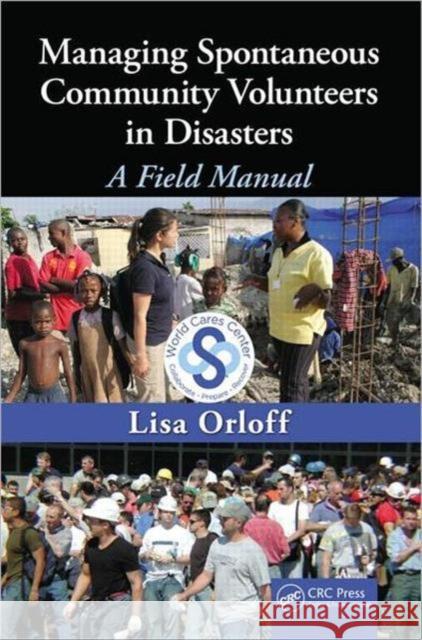Managing Spontaneous Community Volunteers in Disasters: A Field Manual » książka
Managing Spontaneous Community Volunteers in Disasters: A Field Manual
ISBN-13: 9781439818336 / Angielski / Twarda / 2011 / 323 str.
History has demonstrated that it's not only possible, but extremely cost-effective, to organize and empower community volunteers to serve their own neighborhoods during times of crisis. Laying out the rationale and process by which emergency managers, community leaders, and non-governmental aid organizations can effectively harness volunteer resources, Managing Spontaneous Community Volunteers in Disasters: A Field Manual explains how to engage, train, and utilize spontaneous unaffiliated community volunteers (SUCV). The book details guidelines to help cultivate the required culture of collaboration and respect between community volunteers and emergency managers. It examines potential agency and community relevant roles for volunteers, and the need for flexible management solutions that incorporate spot screening and "just in time" training. Complete with templates that can be modified to suit the needs of any community -- this accessible manual provides the tools to: * Assess your agency's needs and challenges * Develop internal and external protocols to manage SUCs * Establish effective spot screening and selection methods * Engage community members in information-sharing and outreach campaigns * Provides National Incident Management System (NIMS) compliant answers to address common barriers to using SUCVs Designed to prepare leaders to handle any scale of emergency, the book supplies the skill-set needed to enable volunteers to respond to hazards safely and effectively. Integrating Orloff's on-the-ground experience with community organizing, a decade of research data on disaster management protocols, and recent psychosocial research, the book makes a strong case as to why community involvement in disaster response has such a positive impact on a community's resilient recovery.











